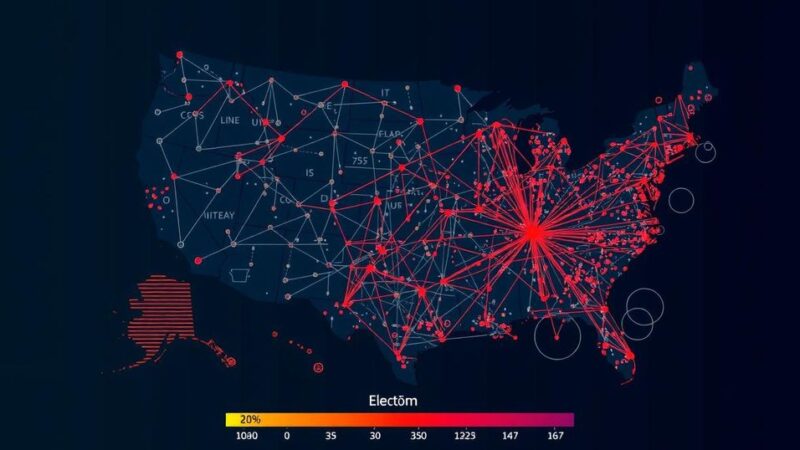The article discusses the merits of South Africa adopting a reciprocal visa regime similar to Namibia’s recent policy, asserting that while there may be concerns about its impact on tourism, a well-structured approach could enhance revenue, improve diplomatic relations, and assert the country’s sovereignty. Evidence suggests that flexible visa systems can mitigate negative tourism effects, making it a viable consideration for economic growth.
In recent months, the introduction of a reciprocal visa regime in Namibia has prompted discussions about a similar approach for South Africa. While critics argue that implementing such a visa system may deter tourism and negatively impact the economy, there are compelling reasons for South Africa to consider this policy as a means of fostering economic growth and strengthening its international standing. Namibia’s decision to impose visa requirements for 31 countries, including both European nations and North America, was driven by the need for reciprocity in visa policies. This new regime is set to take effect from April 1, 2025. While detractors, such as Eben de Klerk of the Economic Policy Research Association, have voiced concerns regarding the potential deterrent effects on tourism, stating, “There cannot be a win. We just shot ourselves in the foot,” there exists a counter-narrative that highlights potential economic gains. Proponents of the reciprocal visa regime argue that it presents an opportunity for South Africa to raise revenue through visa fees while simultaneously applying diplomatic pressure on other countries to ease visa restrictions for South African travelers. Tourism plays a pivotal role in South Africa’s economy, contributing $14 billion and accounting for approximately 3.5% of the nation’s GDP in 2022, with the industry supporting 2.5 million jobs. Despite fears that visa restrictions could be detrimental, evidence suggests that the specific type of visa implemented can mitigate such concerns. Research indicates that flexible visa policies, such as electronic visas (eVisas) or visas-on-arrival, have minimal adverse effects on tourism flows, contrary to traditional visa requirements that burden tourists with extensive documentation and long application processes. For instance, India’s introduction of an e-visa program resulted in nearly $210 million in revenue within the first four years, demonstrating the financial viability of such approaches. Moreover, a reciprocal visa system could alleviate the overwhelming bureaucratic challenges currently faced by South Africa’s immigration system. The recent backlog in processing visa applications signifies a pressing need for reform, which could be facilitated through the adoption of electronic systems for managing various visa types. There exists a significant moral dimension to the discourse surrounding visa reciprocity. The current global visa landscape often favors citizens of wealthier nations, placing undue burdens on travelers from developing countries. By enforcing reciprocity, South Africa would not only challenge this inequitable system but also assert its sovereignty and commitment to fair treatment in international relations. Ultimately, South Africa stands at a crossroads where it must decide whether to allow external policies to dictate its approach to international relations or to take proactive control over its visa policies. Establishing a reciprocal visa regime is not merely a bold initiative; it is an essential measure in affirming the dignity and respect that South Africa rightfully deserves on the global stage. By prioritizing sovereignty and equitable treatment, South Africa can foster a more dignified presence in global diplomacy.
The idea of adopting a reciprocal visa regime in South Africa emerges from recent developments in Namibia, where the government has announced a new visa policy requiring reciprocity from other nations. The rationale behind this policy stems from frustrations experienced by travelers in Africa with cumbersome visa application processes. This development has ignited debates across the continent, with South Africa considering similar measures as a means to promote economic growth, enhance diplomatic relations, and assert its sovereignty in the face of international dealings that disproportionately favor wealthier nations.
In conclusion, South Africa’s potential adoption of a reciprocal visa regime echoes a critical need for reform in its visa policies, allowing for improved economic benefits while simultaneously asserting its sovereignty on the international stage. By implementing more flexible and efficient visa systems, South Africa can enhance tourism while positioning itself as an equal participant in global diplomatic relations. The time has come for South Africa to take decisive action that reflects its dignity and desire for equitable treatment in the realm of international travel.
Original Source: www.aljazeera.com






